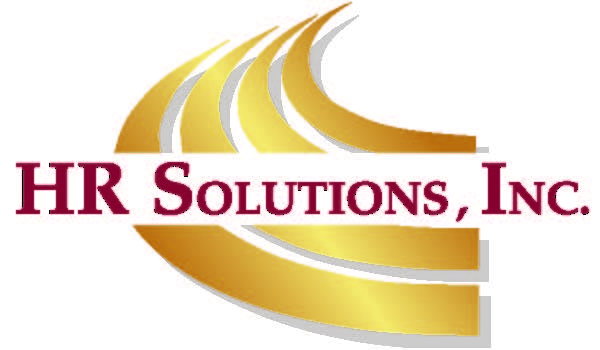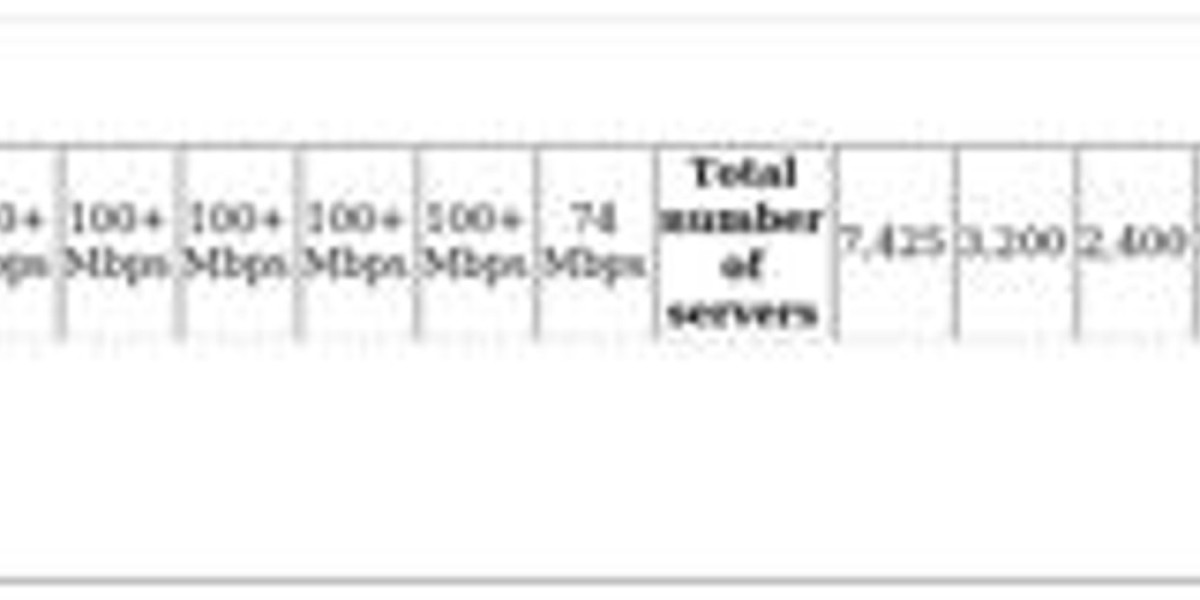
Among the most significant service patterns over the last years has been to outsource functions that are not core company activities. Cutting expenses and getting knowledge are the 2 most widespread inspirations for outsourcing. This pattern has actually long because reached corporate compliance programs. Many concerns surround this practice in the compliance arena.

Why Outsource Compliance?

The very first concern is: why should an organization engage an outdoors expert to help in running the compliance program? The truth is that many compliance office tasks are consistently outsourced to vendors to make it possible for the compliance office to concentrate on the program's core components. Hotlines, sanction screening services, and training programs are typically outsourced functions.
In many cases, a compliance officer's departure produces the need for support up until the company can employ a replacement. In others, an existing compliance program requires help to manage added obligations, such as compliance management or HIPAA privacy/security officer support.
When Should You Outsource Compliance?
Organizations choose to hire compliance experts after identifying weak points or gaps in their operations, such as vacancies in compliance, personal privacy or security officer roles. Sometimes, federal government investigation drives the choice to bring in specialists. Corporate Integrity Agreements mandate that a company testifies to having a fully working and efficient compliance program.
Managed Care statutes require maintaining a reliable compliance program and alerting CMS when a compliance officer vacancy occurs. And under the Affordable Care Act, CMS is needed to establish mandated compliance program requirements. Once these requirements are in impact, many will look for skilled support to satisfy them.
Where Can You Find Compliance Outsourcing Services?
Where can organizations discover essential compliance knowledge? The easiest beginning point is examining the web to discover professional journal short articles on the subject. This can supply additional insight and recognize professionals on the topic. A search can likewise recognize firms that might offer the needed services.
Who Should You Outsource Compliance To?
Who are some experts that can fill spaces or supplement compliance programs, and have also developed, assessed, and handled reliable compliance programs? They are individuals with hands-on experience in multiple circumstances and settings that make them specialists.
The following are examples of professionals with substantial compliance program consulting experience, who have actually functioned as compliance officers in several roles:
Cornelia Dorfschmid, PhD, who has over 20 years of health care speaking with experience and has worked as designated/interim compliance officer for healthcare facility systems and doctor practices on numerous occasions.
Steve Forman, CPA, with 12 years as a healthcare specialist, ten years as VP for Audit/Compliance at a medical facility system, and has served as interim/designated compliance officer multiple times.
Suzanne Castaldo, JD, CHC, a skilled consultant who has actually acted as interim/designated compliance officer a number of times.
How Can You Best Outsource Compliance?
How can companies utilize compliance experts to its best advantage? Using competent experts has numerous benefits, but the key in hiring them is to bring an optimum return of benefit for the cost by ensuring added value. In addition to day-to-day management, consider including a few of the following:
1. Examine the program to verify strengths and identify chances for enhancement;
2. Conduct an independent assessment of the program for senior management and board;
3. Review the Code of Conduct and other composed assistance;
4. Evaluate the quality and efficiency of compliance training;
5. Assess high-risk areas that warrant attention;
6. Assess resources required to successfully run the compliance program;
7. Use experts to identify and construct metrics evidencing compliance program efficiency;
8. Use experts to assist in identifying and evaluating prospects for the irreversible compliance officer position; and
9. Provide a "road map" for inbound compliance officers to follow.
What Level of Effort Should You Put Into Outsourcing Compliance?
What level of effort do organizations require to use compliance specialists in compliance programs? Even for fairly large organizations, a true compliance professional can hold the program together for numerous months without having to be on-site complete time. Most organizations can run compliance programs effectively through using a specialist for 50-80 hours each month for approximately 6 months up until having an irreversible compliance officer in location becomes critical.
Smaller companies and the majority of physician practices will need experts for just half the time. Due to advances in innovation, not all hours require to be on-site. However, the secret is to have the professional on-call to resolve any emergent problems. Notably, the OIG has accepted that for smaller companies, engaging a qualified professional as the Designated Compliance Officer might make more sense. The OIG points out lots of reasons for a company to consider utilizing an outdoors expert instead of a W-2 full-time staff member.

About the Author
Richard P. Kusserow established Strategic Management Services, LLC, after retiring from being the DHHS Inspector General, and has actually helped over 3,000 health care organizations and entities in establishing, implementing and examining compliance programs.








